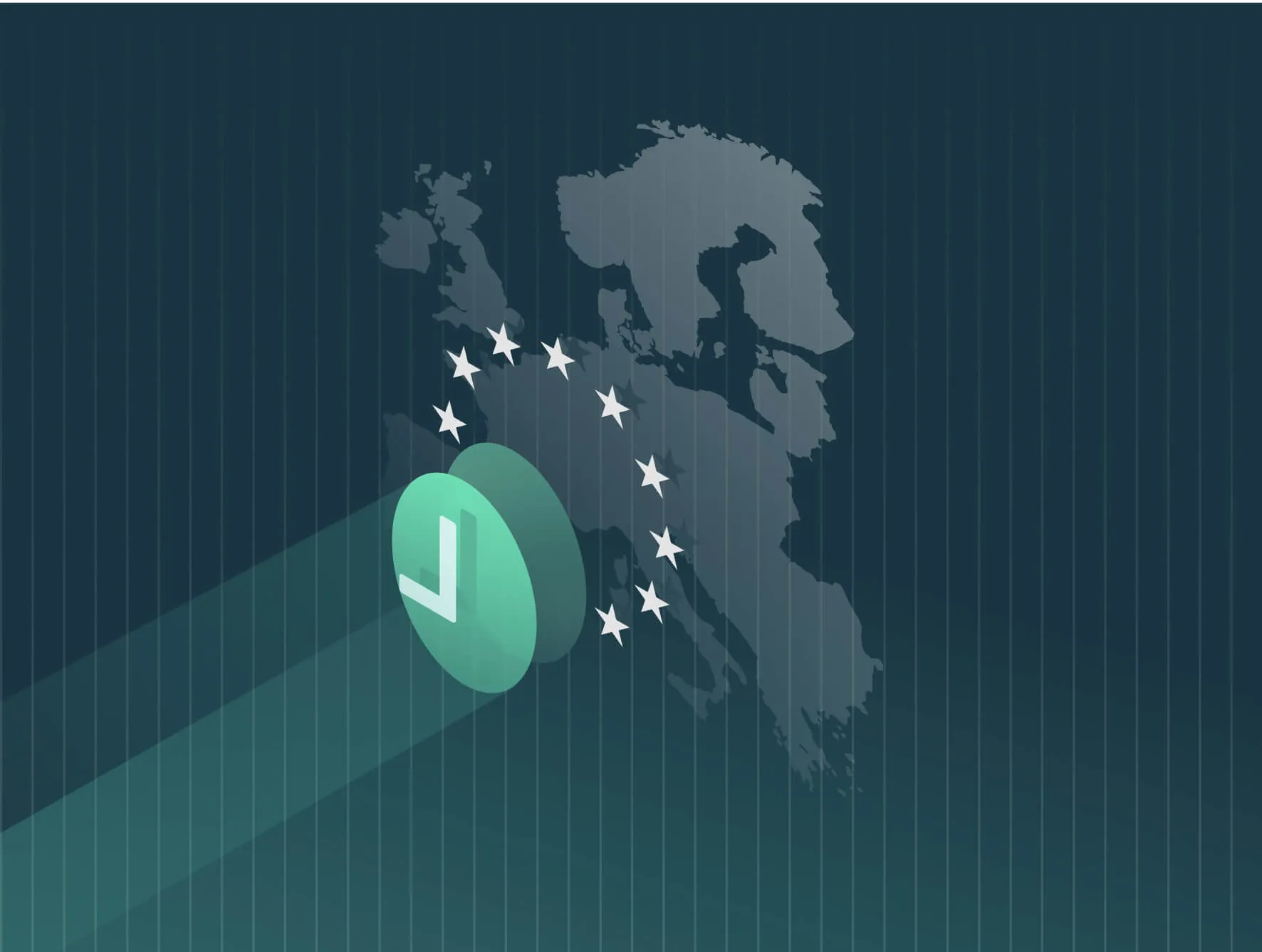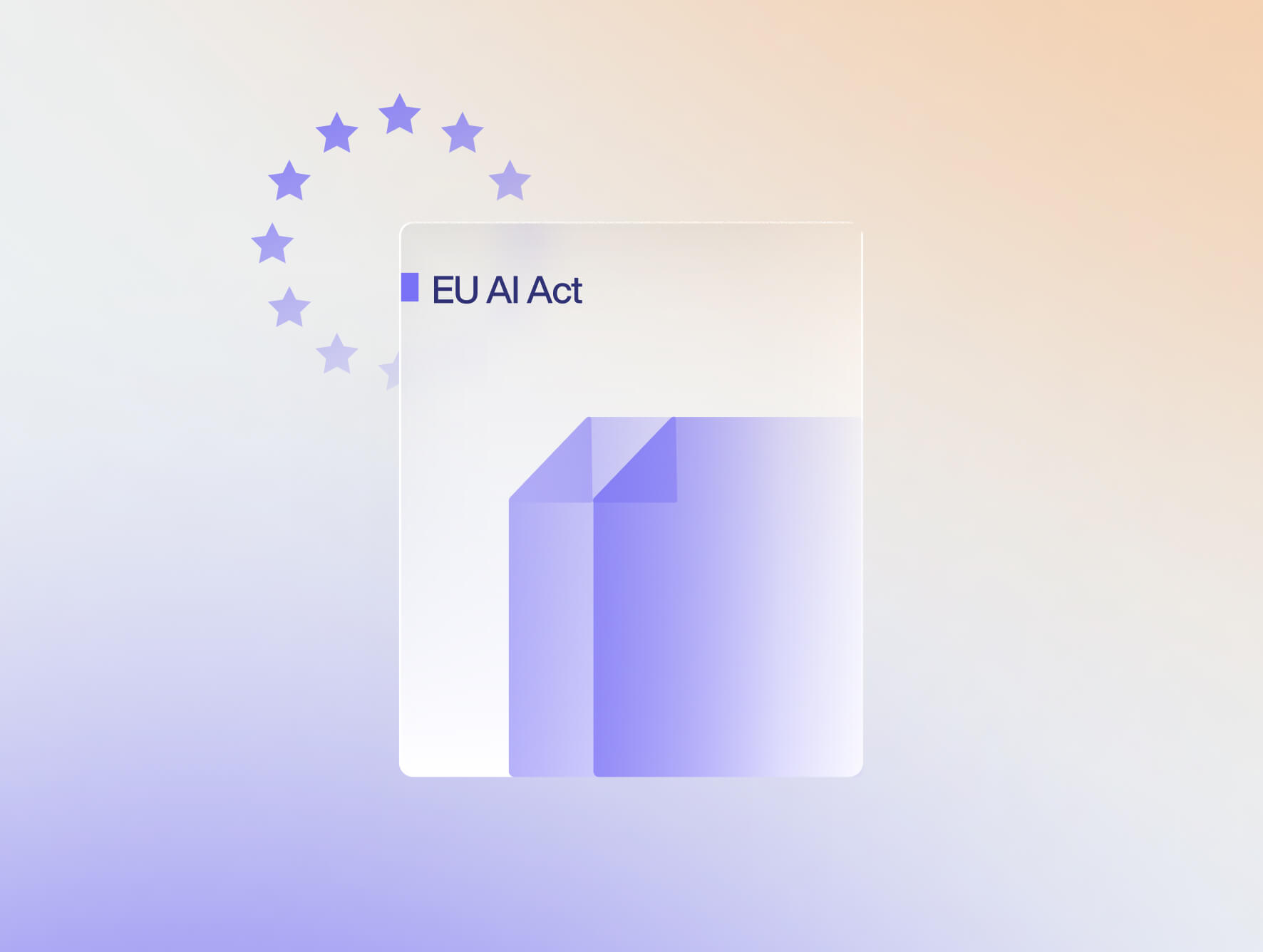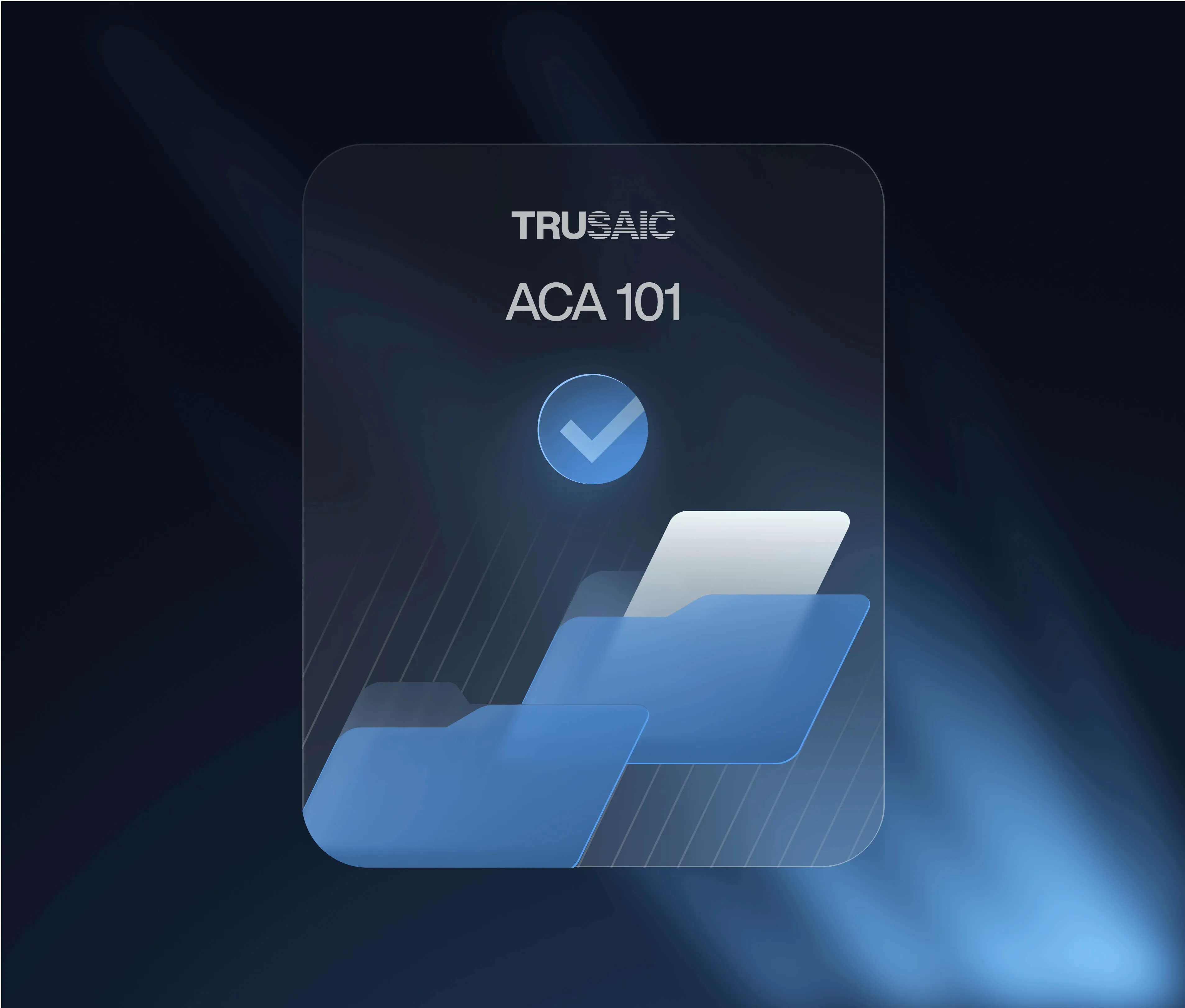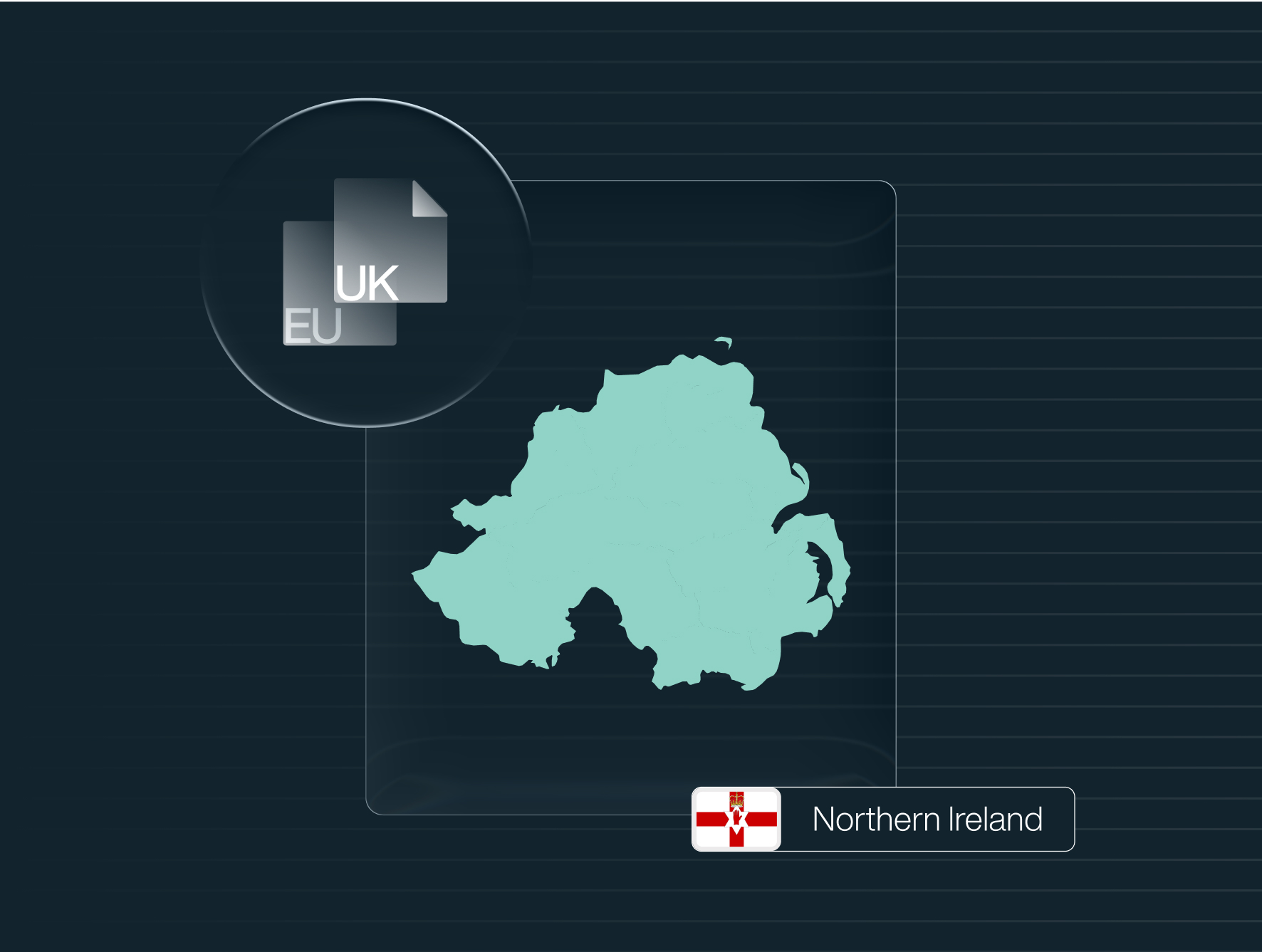Northern Ireland employers should prepare for a unique compliance challenge: while the United Kingdom is no longer bound by European Union law post-Brexit, Northern Ireland may still need to comply with the EU Pay Transparency Directive (EUPTD) due to obligations under the Windsor Framework.
Why Northern Ireland Is Different
The Windsor Framework’s “keeping pace” duty (Article 2) requires Northern Ireland to remain aligned with aspects of EU equality law. As a result, while England, Scotland, and Wales are not obligated to adopt the EUPTD, Northern Ireland may need to implement its gender pay transparency requirements in full.
The Equality Commission for Northern Ireland (ECNI) and the Northern Ireland Human Rights Commission (NIHRC) have jointly advised the government to enact legislation to align with the EUPTD’s gender pay requirements.
This sets Northern Ireland apart from the rest of the UK, creating both obligations and opportunities for employers operating in the region.
It is worth noting that at the same time, the UK is in the midst of overhauling its reporting requirements via the Employment Rights Bill and is considering aligning more closely to the EUPTD.
Gender Pay Reporting in Northern Ireland
The Department for Communities (DfC) recently concluded its consultation on gender pay reporting (February 2025). In its submission, the ECNI highlighted that compliance should be designed with the EUPTD in mind, urging the government to ensure full alignment.
If measures in line with the EU Pay Transparency Directive are implemented, Northern Ireland employers with at least 100 employees could be required to:
- Disclose gender pay gaps across categories of workers.
- Justify unexplained pay disparities exceeding 5% using objective, gender-neutral factors.
- Take remedial action, including joint pay assessments with worker representatives, where unjustified gaps persist.
- Provide salary range information in job postings and eliminate salary history questions in recruitment.
- Guarantee employee rights to request comparative pay data, with employers required to respond within two months.
Cross-Border Compliance Challenges
For employers with operations spanning Northern Ireland and the Republic of Ireland, compliance becomes even more complex. Companies will need to navigate overlapping:
- EU requirements in the Republic of Ireland (where the EUPTD applies directly).
- Northern Ireland-specific obligations under the Windsor Framework.
- Broader UK requirements, which are evolving to include ethnicity and disability pay gap reporting but do not mandate EUPTD compliance.
This layered compliance environment means multinational and cross-border employers will need clear, consistent pay equity systems in place.
Enforcement and Wider UK Context
The UK government itself is not required to adopt the EUPTD, but it is expanding gender pay reporting to include ethnicity, disability, and contractor-related reporting. This will create divergence within the UK, while Northern Ireland remains tethered to EU standards.
Failure to comply in Northern Ireland could carry enforcement risks under equality law, particularly if new legislation mirrors the EUPTD’s penalties and six-month remediation requirements.
How Trusaic Can Help
Trusaic’s Pay Equity Software Suite enables Northern Ireland employers to navigate the complexities of cross-border compliance.
Our software enables compliant pay systems, gender-neutral job evaluations, and automates complex reporting obligations to keep you one step ahead of EU pay transparency enforcement.
- PayParity® analyzes your rewards data (compensation/benefits in kind) and quickly identifies inequities to determine if your adjusted gender pay gap is above 5%. It enables you to easily comply with Article 7 (right to information) and Article 6 requirements (pay setting and progression policy).
- Our Remediation Optimization Spend Agent (R.O.S.A.) works as PayParity’s AI remediation partner to find the most cost-effective way to close nominal pay gaps above 5% to ensure compliance.
- Salary Range Finder ensures equitable pay at the point of hire to prevent your pay gap from rising above 5% and enables you to easily comply with the Directive’s salary range disclosure and salary history ban requirements.
- Regulatory Pay Transparency Reporting™ captures your pay equity findings and generates compliant, one-click reports across all EU jurisdictions.
- Our Pay Transparency Agent answers all your pay transparency reporting questions instantly
- Our Communications Agent crafts perfect contextual narratives in any EU language to support your annual pay reports.
Trusaic is GDPR compliant and can assist any organization in any EU state in meeting its obligations under both the EU Corporate Sustainability Reporting Directive and the EU Pay Transparency Directive.
Visit our always updated Member State Transposition Monitor to stay on top of the latest EU Pay Transparency Directive developments.









